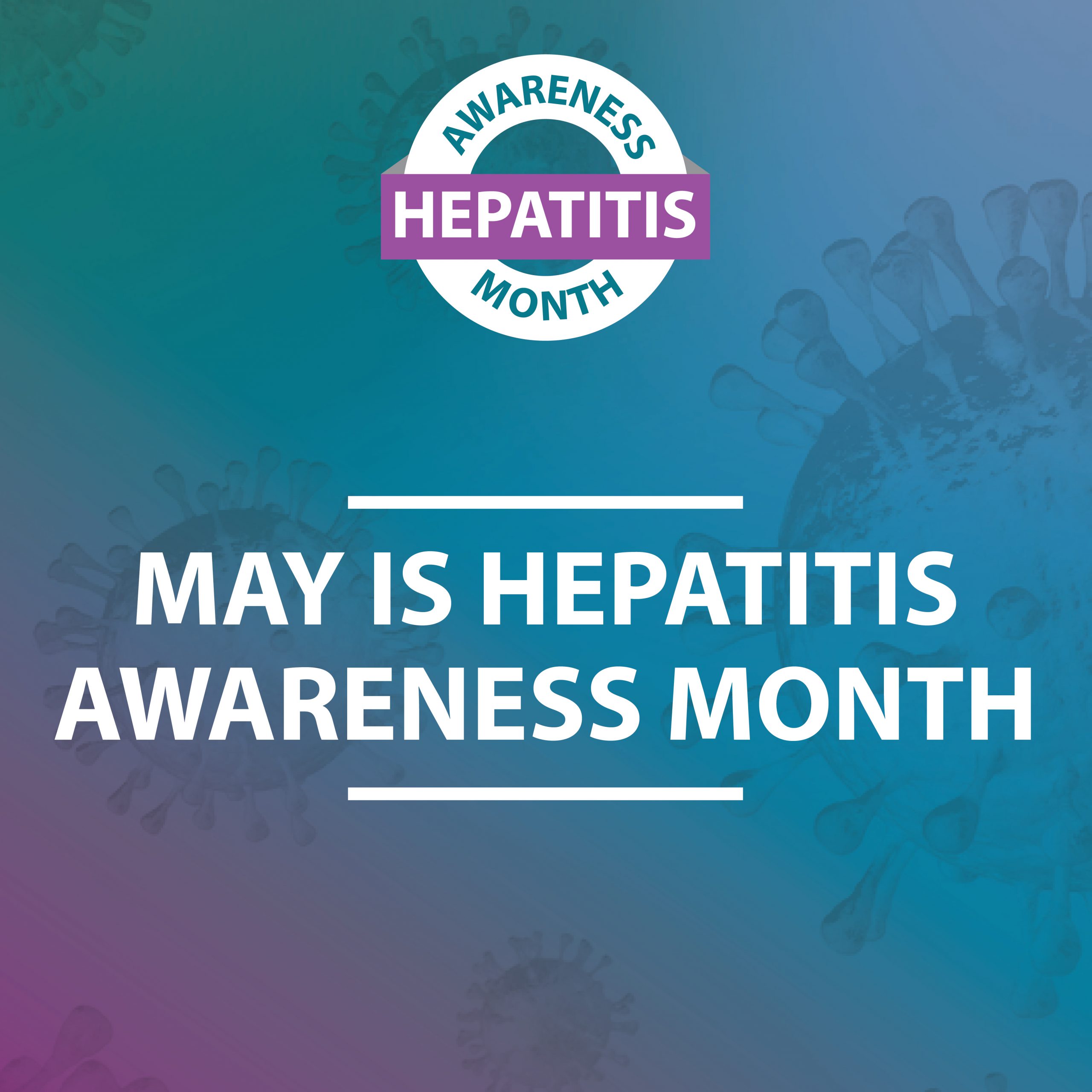202-690-6343
media@hhs.gov
Secretary Becerra Celebrates Mother’s Day, Applauds 12-month Postpartum Expansion in Tennessee and South Carolina
Today, ahead of Mother’s Day Weekend, Secretary Xavier Becerra released the following statement to applaud the announcement of Tennessee and South Carolina working with the Centers for Medicare & Medicaid Services (CMS) to expand Medicaid and Children’s Health Insurance Program (CHIP) coverage to 12 months postpartum to an estimated 22,000 and 16,000 parents, respectively. This expansion of coverage was made possible by a new state plan opportunity included in the American Rescue Plan.
"Today, thousands of families across Tennessee and South Carolina will get the peace of mind knowing they can get health coverage for a full year after pregnancy. The first year after birth is a vulnerable time, and thanks to President Biden’s American Rescue Plan, we are able to work with states to provide families enrolled in Medicaid and the Children’s Health Insurance Program 12 months of postpartum coverage. I applaud Tennessee and South Carolina for joining our efforts to support healthy parents and babies, and urge all remaining states to work with us in expanding access to this critical care.
"As we celebrate Mother’s Day weekend, we reaffirm our commitment to strengthening maternal and reproductive health, and will continue working to ensure all mothers and families across the country have equitable access to high-quality, affordable health care."
Tennessee and South Carolina join Louisiana, Michigan, Virginia, New Jersey, and Illinois in extending Medicaid and CHIP coverage from 60 days to 12 months postpartum. CMS is also working with another nine states and the District of Columbia to extend postpartum coverage for 12 months after pregnancy, including California, Indiana, Kentucky, Maine, Minnesota, Oregon, New Mexico, Pennsylvania, and West Virginia. As a result of these efforts, as many as 720,000 parents across the United States could be guaranteed Medicaid and CHIP coverage for 12 months after pregnancy.
Medicaid covers 42% of all births in the nation. This new option for states to extend Medicaid and CHIP coverage is part the ongoing efforts of the U.S. Department of Health and Human Services (HHS) and the Biden-Harris Administration’s commitment to address the disparities in maternal health outcomes by opening the door to postpartum care for hundreds of thousands of parents.
To learn about Tennessee’s state plan amendment to extend postpartum coverage under CHIP, visit https://www.medicaid.gov/chip/state-program-information/index.html.
To learn more about South Carolina’s state plan amendment to extend postpartum coverage under Medicaid (including CHIP, operating as a Medicaid expansion program), visit https://www.medicaid.gov/medicaid/medicaid-state-plan-amendments/index.html.
To learn more about HHS’ efforts to strengthen maternal health, visit HHS.gov/maternalhealth.
Recent HHS investments include:
- Restored access to Title X services nationwide to fill service gaps caused by more than a quarter of Title X providers withdrawing from the program over the past two and a half years in response to the previous administration’s Title X rule. Awarded $256.6 million in grant funding to support 76 grantees to deliver equitable, affordable, client-centered, high-quality family planning services.
- Announced the availability of $4.5 million for hiring, training, certifying, and compensating community-based doulas in areas with high rates of adverse maternal and infant health outcomes—doubling the number of Healthy Start doula programs nationwide.
- Offered state Medicaid and CHIP agencies a new state plan opportunity under the American Rescue Plan to provide 12 months of continuous postpartum coverage, which could extend coverage for more than 130,000 Black Americans. So far, HHS has approved state proposals to expand postpartum Medicaid coverage to 12 months in Illinois, Virginia, New Jersey, Louisiana, Tennessee and South Carolina. (A number of other states have announced that they are working to extend Medicaid coverage to 12 months after pregnancy.)
- Provided $10 million for the Services Grant Program for Residential Treatment for Pregnant and Postpartum Women – a program that provides pregnant and postpartum women and their children with comprehensive substance use treatment and recovery support services across residential and outpatient settings.
- Made $12 million available for the Rural Maternity and Obstetrics Management Strategies program to test models to address the unmet needs of rural moms.
- Invested nearly $350 million in total to expand the Maternal, Infant, and Early Childhood Home Visiting (MIECHV) Program for vulnerable families, and strengthen the Healthy Start initiative to increase access to doulas, address health disparities in infant deaths, and improve data reporting on maternal mortality.
- Adopted a measure in the Hospital IQR Program in the FY 2022 Medicare Hospital Inpatient Prospective Payment System (IPPS) and Long-Term Care Hospital (LTCH) Prospective Payment System (PPS) Final Rule that will encourage hospitals to standardize protocols addressing obstetric emergencies and complications arising during pregnancy.
- Launched a postpartum care challenge competition to identify innovative ways to improve postpartum care for Black and American Indian/Alaska Native (AI/AN) persons enrolled in Medicaid and CHIP coverage, with an emphasis on follow-up care for conditions associated with morbidity and mortality in the later postpartum period. Phase II of this challenge opens in September 2022; Phase 1 closed in February 2022.
- Led the development of a new, standard clinical definition for opioid withdrawal in infants, which will help improve both the diagnosis and care of infants experiencing withdrawal from prenatal substance exposure. [HHS]
- Developed the HHS Overdose Prevention Strategy, that emphasizes the importance of integrated care and combating stigma associated with substance use, which may discourage people from seeking care during pregnancy and the postpartum period. [HHS]
Other actions HHS has taken to promote maternal and postpartum care:
- Published a report that estimated approximately 720,000 people would benefit if all states were to adopt the American Rescue Plan’s new option to extend post-partum Medicaid coverage for a full 12 months. [ASPE]
- Implemented a new quality measure for the Hospital Inpatient Quality Reporting Program to improve maternity care. Initially based on data reported by hospitals on this measure, and in combination with data reported by hospitals on other measures in the future, a hospital could receive a maternity care hospital designation on the CMS Care Compare website. [CMS]
- The National Institutes of Health (NIH) Maternal Mortality Task Force developed the IMPROVE Initiative, which focuses on promoting the study of the leading causes of maternal mortality in the U.S., including cardiovascular disease, infection, and immunity, as well as other health conditions and social factors such as mental health disorders, diabetes, obesity, and substance use disorders. [NIH]
- Launched the HHS Perinatal Improvement Collaborative to deploy clinical, evidence-based best practices in maternity care through a network of over 200 hospitals. [Office of the Assistant Secretary for Health (OASH)/OWH]
- Started the Breastfeeding Program for African American mothers and families to increase breastfeeding rates in that population, one in which 75.5 percent of infants are not breastfed. [OASH/OWH]
- Funded 14 organizations across twelve states to develop and implement interventions to reduce maternal deaths due to violence, and to sustain other interventions that significantly improve maternal health outcomes. [OASH/OWH]
- Increased funding for the Enhancing Reviews and Surveillance to Eliminate Maternal Mortality Program to reach six additional states, for a total of 30 awards supporting 31 states. This funding directly supports agencies and organizations that coordinate and manage Maternal Mortality Review Committees (MMRCs) to identify, review, and characterize pregnancy-related deaths; and identify prevention opportunities. [CDC]
- Released a report that describes the characteristics of pregnancy-related deaths due to mental health conditions from fourteen state Maternal Mortality Review Committees. Nearly 1 in 9 pregnancy-related deaths were due to mental health conditions. Among pregnancy-related mental health deaths with a preventability determination by the MMRC, 100% were determined to be preventable. Nearly three-quarters of people with a pregnancy-related mental health cause of death had a history of depression, and more than two-thirds had past or current substance use. [CDC]
- Hosted the second National Convening on Substance Exposure in the Mother-Infant Dyad to discuss findings from HHS’ evidence-based methodology on improving identification and care for mothers and infants with substance exposure; and published the first recommendations for standardized identification. [OASH]
Like HHS on Facebook, follow HHS on Twitter @HHSgov, and sign up for HHS Email Updates.
Last revised:





